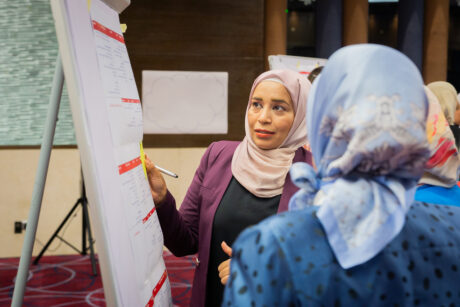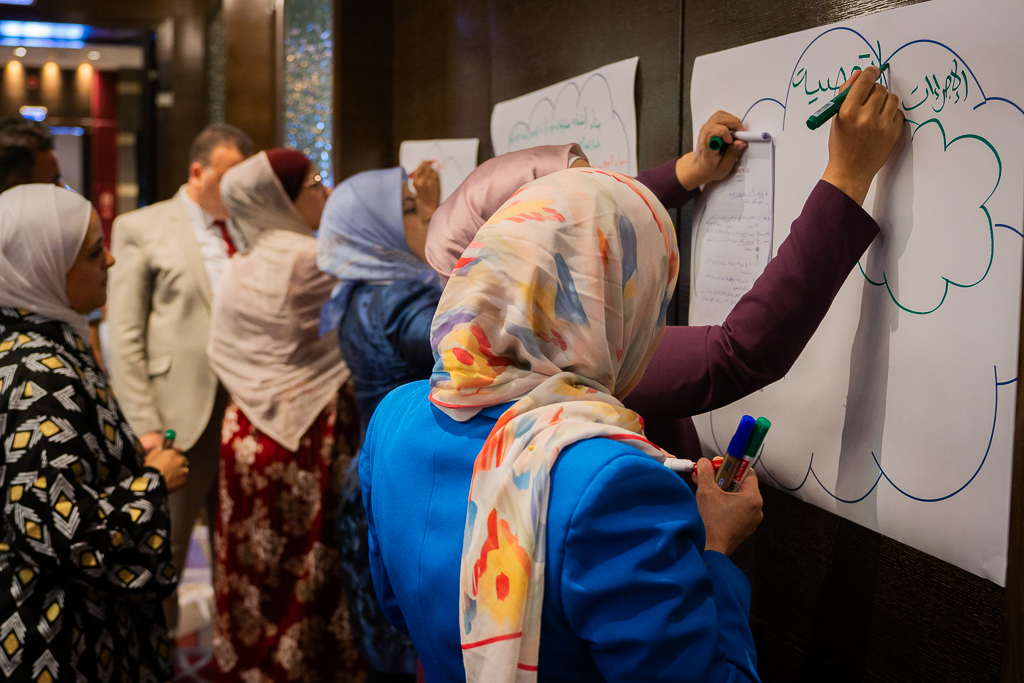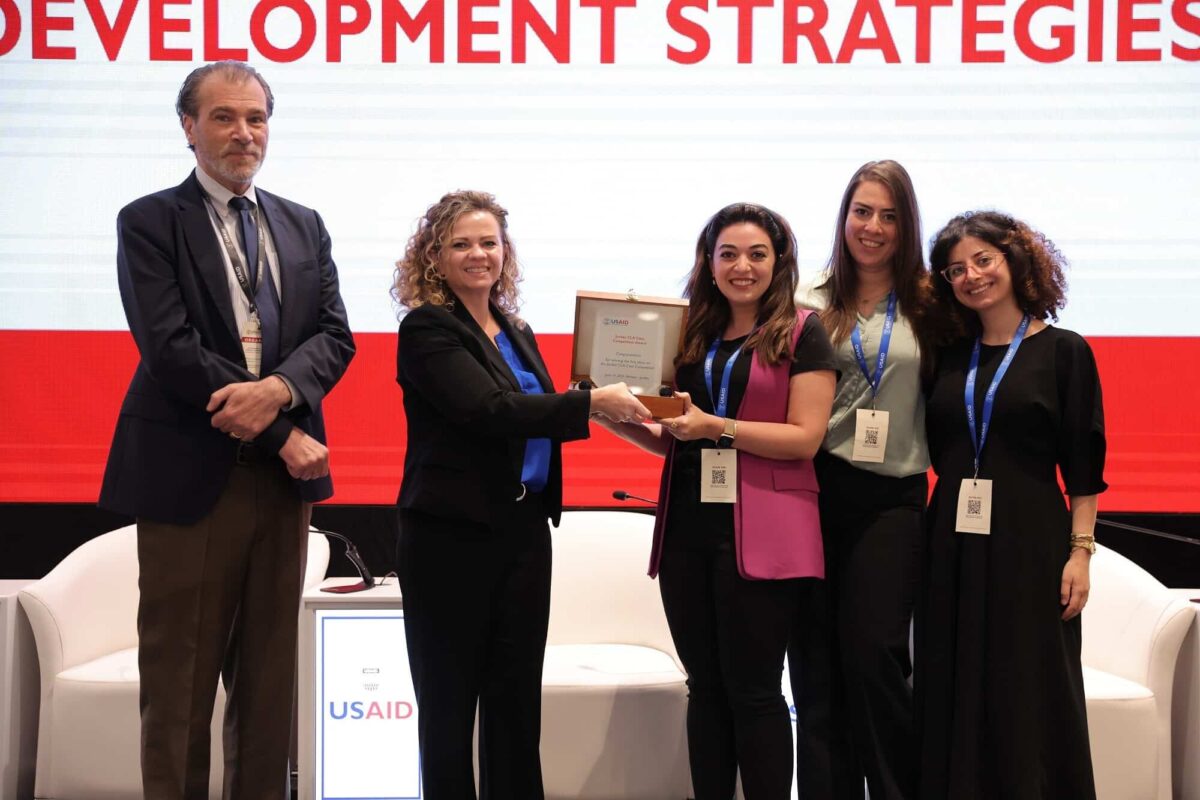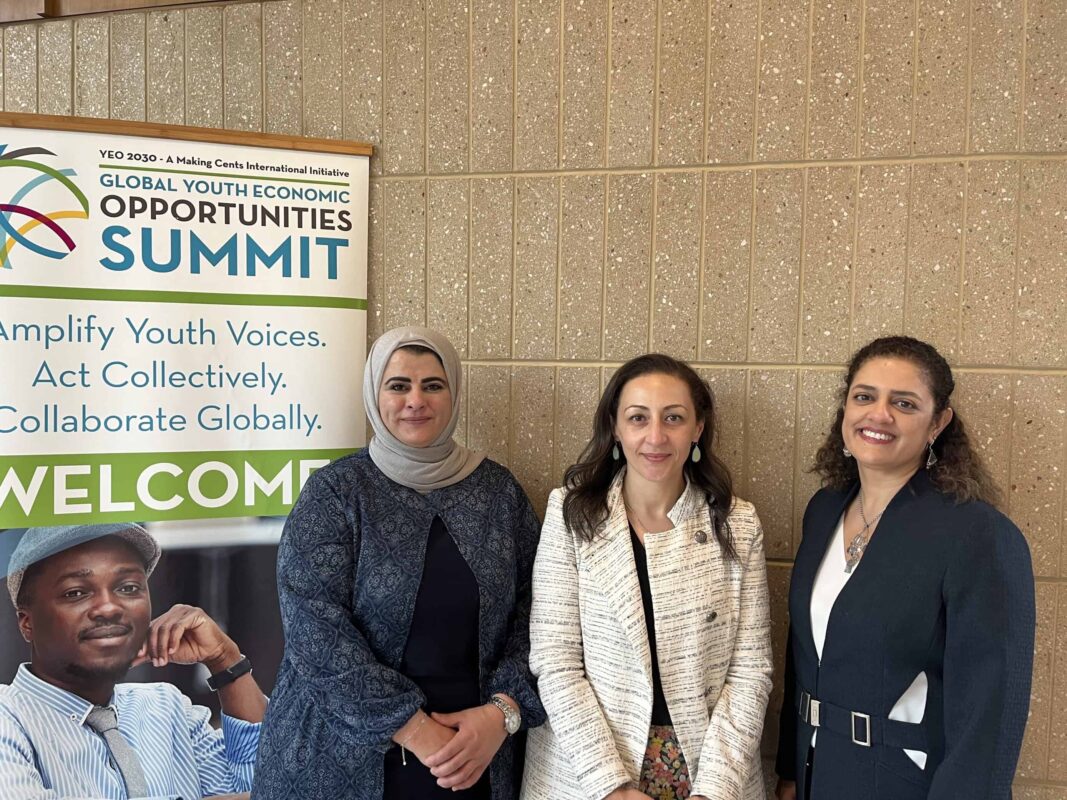A aprendizagem em sala de aula pode apresentar desafios significativos para alunos com deficiência auditiva, já que os métodos de ensino tradicionais muitas vezes dependem fortemente de instruções verbais e pistas auditivas. In a pioneering effort to enhance education for children with disabilities, O Ministério da Educação da Jordânia e o Centro Nacional para o Desenvolvimento Curricular, em colaboração com o Programa de Assistência Técnica da Jordânia da USAID (JTAP), has embarked on an innovative project that integrates sign language into educational materials.
Alunos com deficiência auditiva podem ter dificuldade para acompanhar as aulas, participar de discussões e acessar informações faladas, prejudicando sua experiência geral de aprendizagem e desempenho acadêmico. Sem apoio e recursos adequados, como intérpretes de linguagem de sinais ou recursos visuais, esses alunos estão em desvantagem, making it essential to develop education for children with disabilities strategies that cater to their unique needs.
“Ensinar a língua árabe para alunos com deficiência auditiva foi um desafio significativo devido às barreiras de comunicação tanto para o professor quanto para os alunos,” diz Da'ad Al-Sa'adi, professora da Escola Marka para Alunos com Deficiência Auditiva. “Embora tenhamos tentado superar esses desafios empregando vários mecanismos, como dramatização durante a aula e colaboração com os pais, não foi suficiente.”
Esta iniciativa, uma novidade para o Ministério da Educação da Jordânia, produzirá 60 vídeos gravados inteiramente por alunos surdos e mudos ao longo do 2024/2025 ano letivo. Os vídeos contarão com textos de materiais de apoio em língua árabe, tanto em linguagem de sinais quanto em áudio., melhorando significativamente a acessibilidade para alunos com deficiência auditiva.
A produção destes vídeos tem sido um esforço coordenado envolvendo múltiplas partes interessadas, incluindo a Escola Marka para alunos com deficiência auditiva. A equipa técnica da JTAP desempenhou um papel crucial na locução e na supervisão das filmagens dos segmentos de língua gestual, colaborar com o Conselho Superior dos Direitos das Pessoas com Deficiência para garantir a qualidade da tradução em língua gestual.
“Isso marcou a primeira vez que os próprios alunos, através do poder da linguagem de sinais, estiveram ativamente envolvidos na criação de recursos de aprendizagem,” diz o Dr.. Hedaya Al-Razzaq, Conselheiro de Educação e Currículo da JTAP.
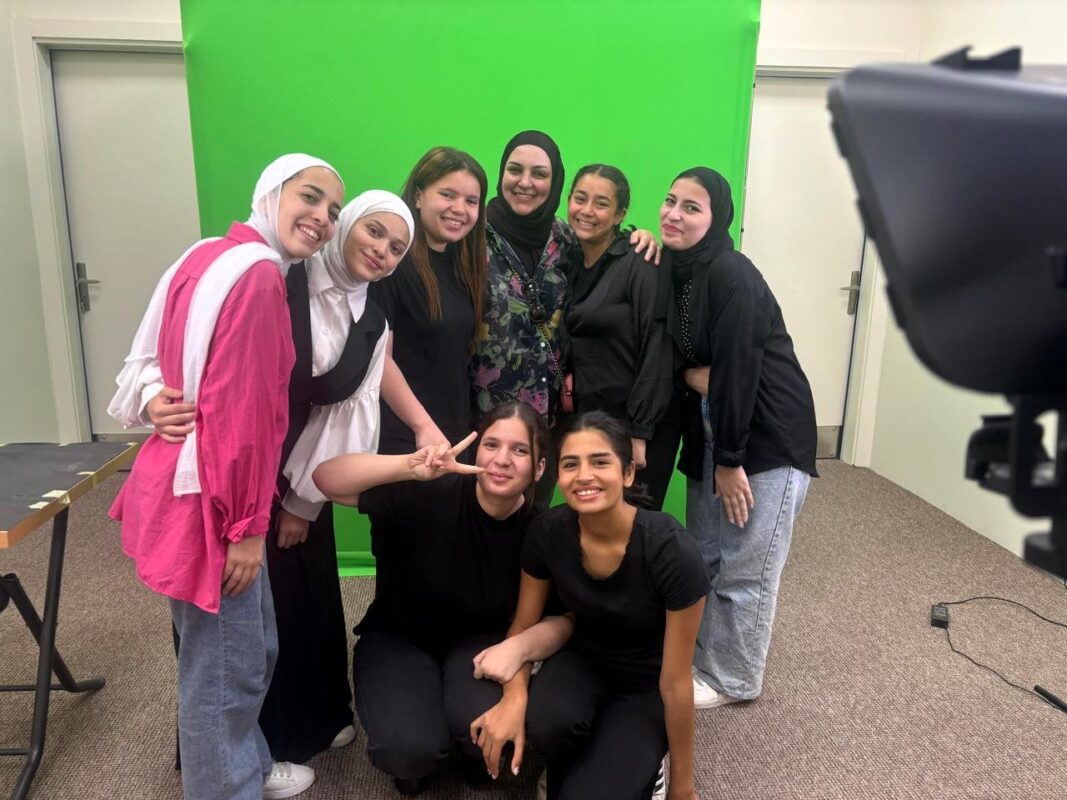
A primeira rodada de vídeos já chegou às escolas das três regiões da Jordânia – centro, norte e sul. No primeiro semestre, 12 vídeos já foram distribuídos para escolas, e 18 estão em produção.
“Com a integração de vídeos em língua de sinais nos materiais de apoio em língua árabe, Percebi uma melhora na concentração dos alunos durante as aulas, bem como um aumento na participação em sala de aula e na interação com o conteúdo da aula.” Al-Sa'adi diz. "Agora, os alunos com deficiência auditiva estão gostando das aulas de árabe e ansiosos por elas.”
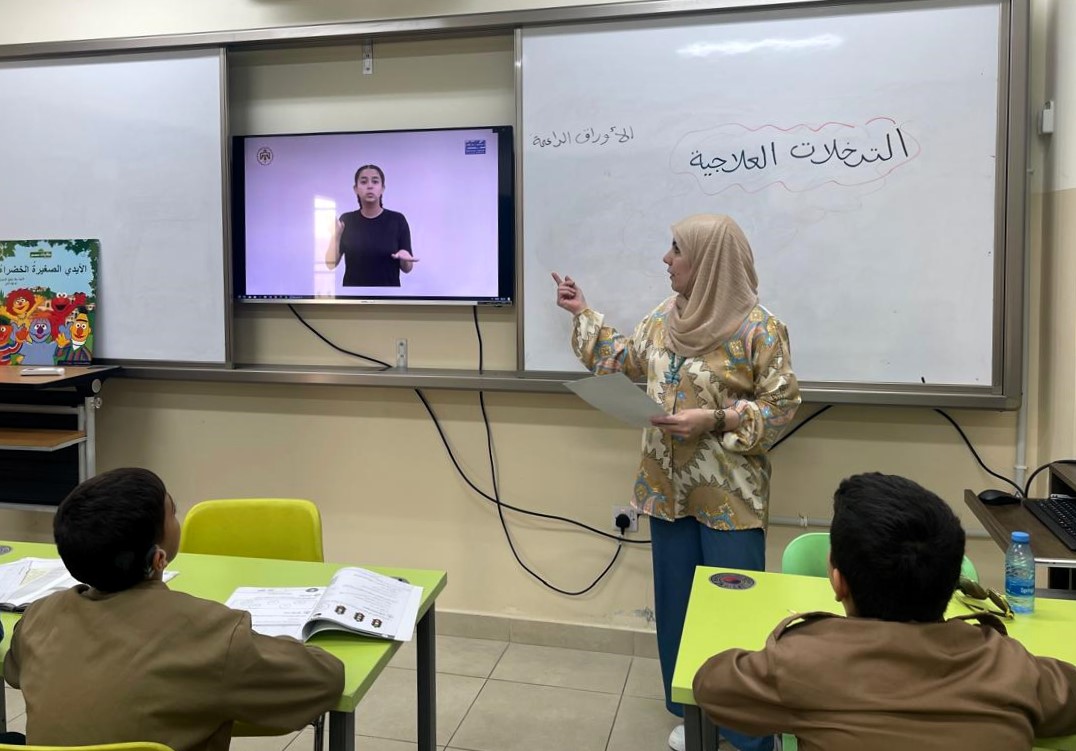
No segundo semestre, mais um 30 os vídeos serão distribuídos junto com cartilhas que integram os vídeos em língua de sinais por meio de códigos QR. Professores e alunos podem acessar facilmente os vídeos digitalizando os códigos QR usando dispositivos inteligentes, making the learning process more interactive. Este avanço tecnológico representa um avanço significativo no sentido de tornar as ferramentas educacionais acessíveis a todos os alunos., regardless of their disabilities.
“O projecto representa um avanço significativo na educação inclusiva e apoia a visão mais ampla da Jordânia para a modernização económica, particularmente na promoção da liderança e inovação,” diz o Dr.. Al Razzaq. “Ao construir um sistema educacional mais integrado e equitativo, não estamos apenas a capacitar os alunos com necessidades especiais, mas também a contribuir para o desenvolvimento educativo e económico do país.”
A JTAP está ativamente coletando feedback para refinar os vídeos e aprimorar sua metodologia para o segundo semestre.
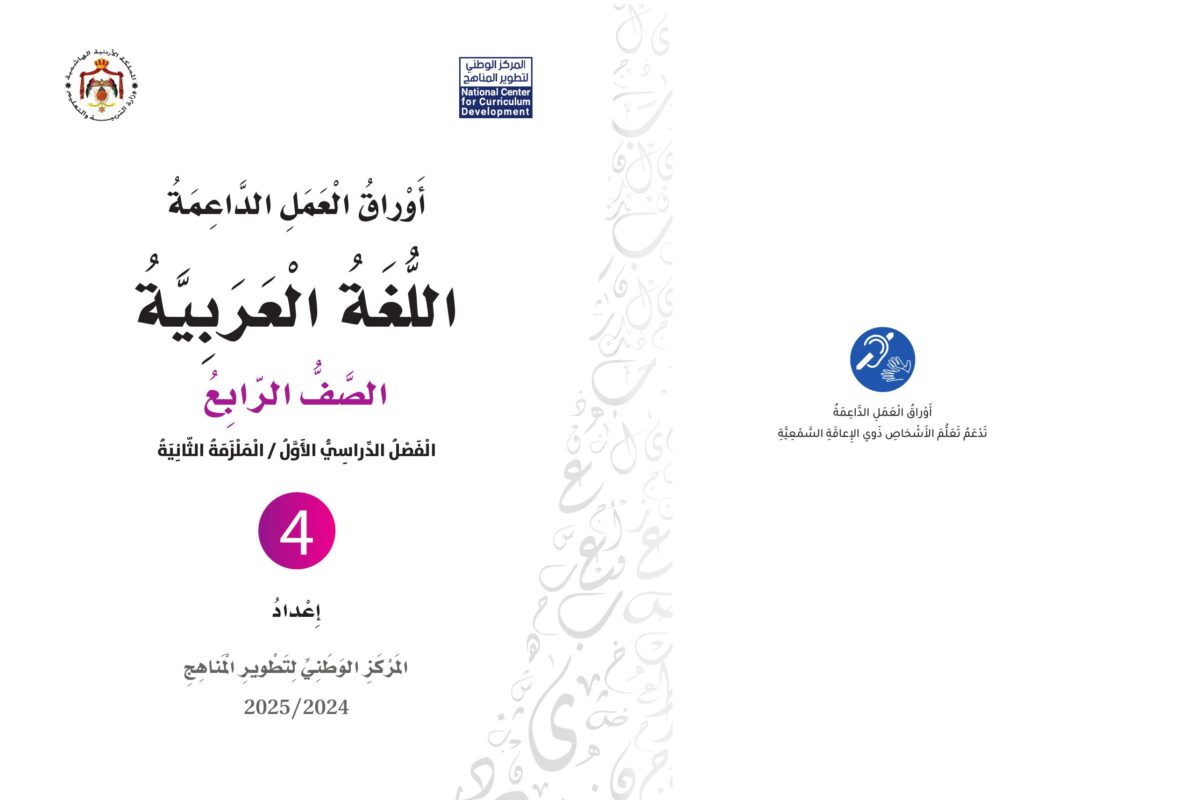
“Para garantir a sustentabilidade desta iniciativa, estamos desenvolvendo um guia de procedimentos abrangente,” explica o Dr.. Al Razzaq. “Este guia documentará as melhores práticas, aplicações, e recomendações, fornecendo um roteiro para o Ministério da Educação e o Centro Nacional de Desenvolvimento Curricular replicarem e expandirem esse sucesso em esforços futuros. É uma prova do poder da colaboração, inovação, e um compromisso partilhado com a educação inclusiva.”
